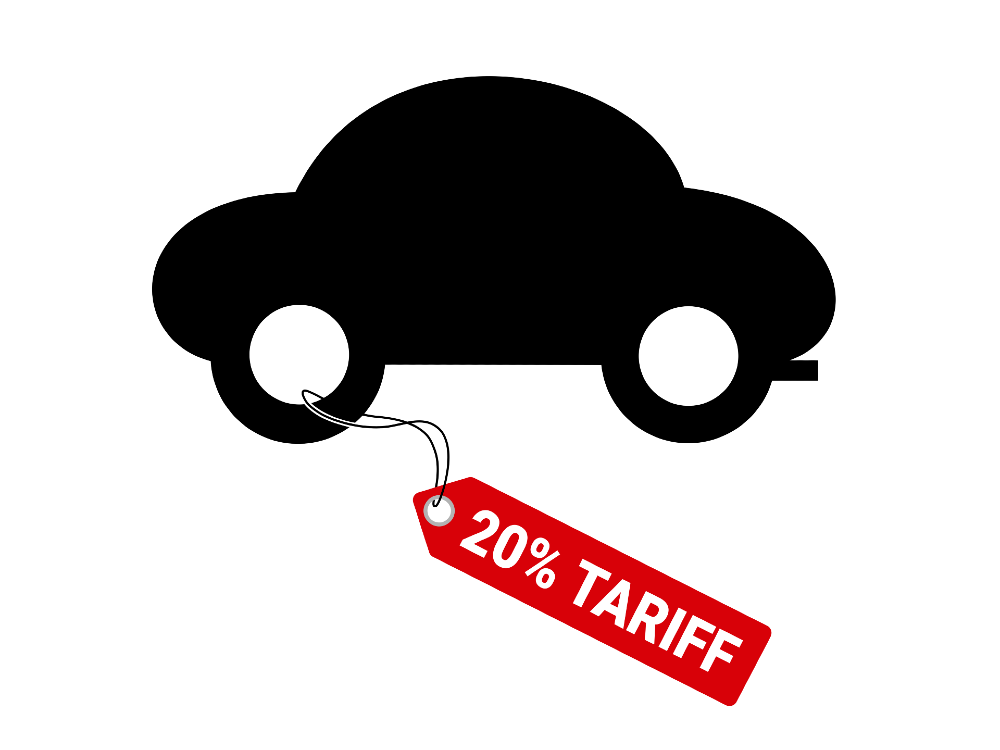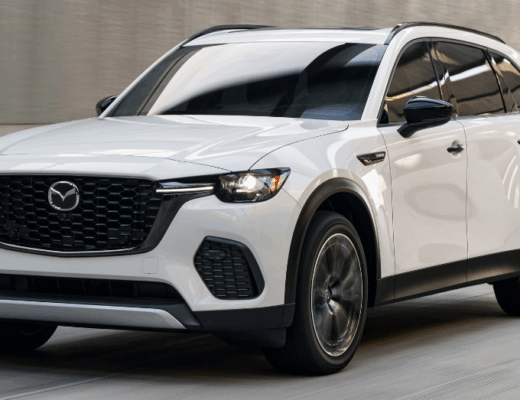The U.S. auto industry is united in its opposition to the Trump Administration’s proposed steep new import tariffs on cars and parts.
Executives have warned that it could prove detrimental to an industry already encumbered by a downturn economy.
Tariffs could be as high as 25%
Trump has been advocating for a heavy import tariff on foreign-made cars and parts for at least a year. The auto industry, economic advisers, and politicians in Trump’s own party think it’s a terrible idea –politically and economically. And groups representing several industry sectors -from automakers and dealers to parts companies-are escalating their lobbying efforts against the proposed levies, which could reach as high as 25 percent.
Imported vehicles –a national security threat?
The Commerce Department submitted a report in February 2019 of a probe into whether imported light vehicles and parts represent a national security threat. The investigation came under Section 232 of the Trade Expansion Act of 1962 –a law that Trump has already used to impose tariffs on steel and aluminum. As yet the report’s findings have remained unclear. This includes imports of all cars, SUVs, vans, light trucks, and auto parts.
Trade groups fight back
Trade groups are pushing back through organizing ‘fly-ins’ to bring dealers and auto executives to make their case in the Capitol. Economic advisors have warned Trump of the widespread and dire economic and political consequences of imposing these tariffs. It could have long-lasting and far-reaching effects, including raising the costs of buying a car by thousands of dollars.
It will impact everyone involved –the companies that make cars with imported parts, the dealerships who sell the cars, and of course the consumer at the end of the line who will pick up the higher tab.
Tariffs would increase car prices
New vehicles could cost over $4,000 more if there were 25 percent import tariffs, according to a study conducted last year by the Center for Automotive Research. Imported vehicle prices could jump up to $6,875 and U.S.-made car prices could increase by over $2,000. The report also estimated that 700,000 U.S. jobs could be lost.
The automotive sector already hurting
The automotive industry is already experiencing the effects of a slump in new auto sales, rising interest rates, and rising costs from Trump’s steel and aluminum tariffs. It’s been reported these existing tariffs added an average of $400 per car. And it’s also adversely affecting parts suppliers.
If the tariffs were to go into effect it could also cause potential retaliation from the rest of the world, especially from the European Union and Japan. Trump has until May 2019 to decide how to respond to the report and whether to go ahead with this unpopular and economically disastrous move.
This post may contain affiliate links. Meaning a commission is given should you decide to make a purchase through these links, at no cost to you. All products shown are researched and tested to give an accurate review for you.




